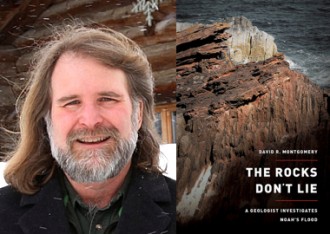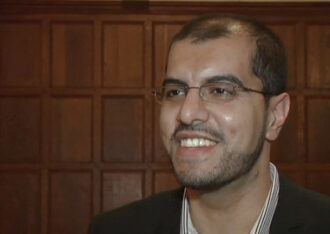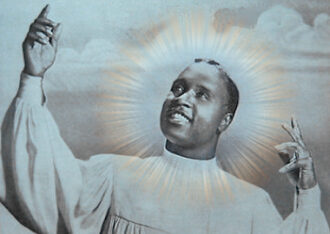
How to Separate Jewishness from Zionism
Parting Ways is Butler’s attempt to construct a Jewish narrative that coheres with her philosophical and political sensibilities as well as her allegiance to her Jewish heritage and lineage. As a Jew for whom religious practice and the Jewish textual tradition do not constitute her Jewish core, hers is a secular narrative of Jewishness outside the orbit of Zionism. Butler’s concern for Israel is that she believes its present construction is “Jewishly” indefensible (in the terms she develops in her book) and the muscularity with which Zionism is proffered squashes any alternative narrative of diasporic Jewish identity.
Read More







